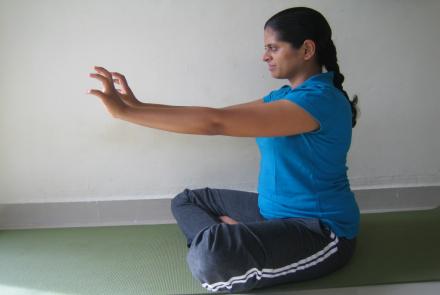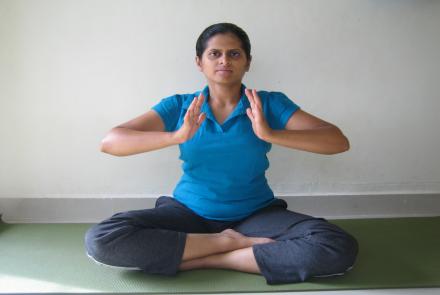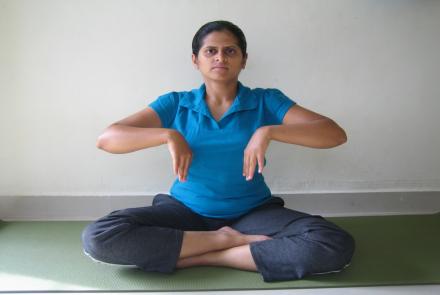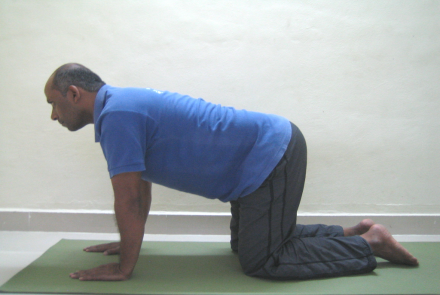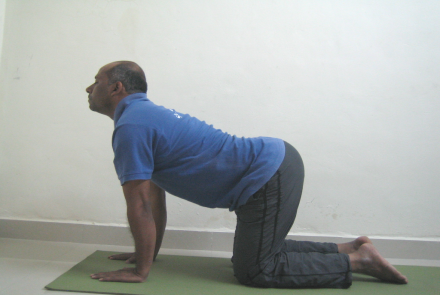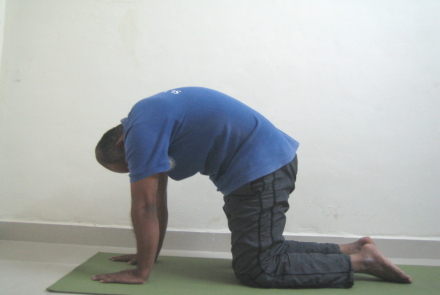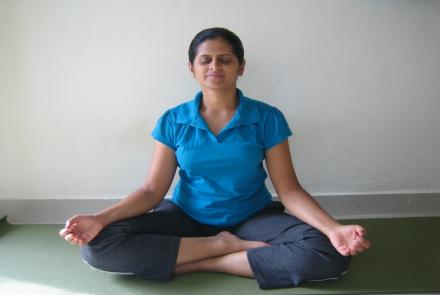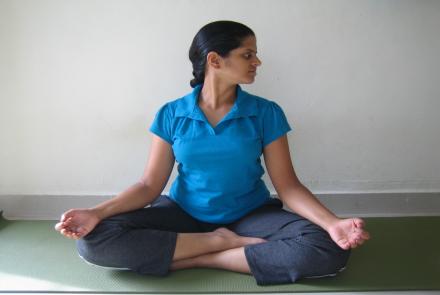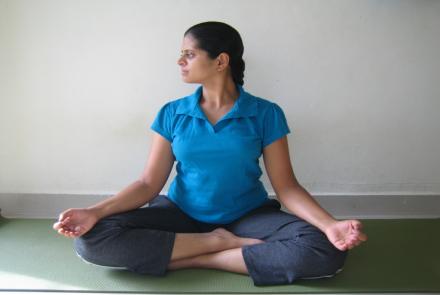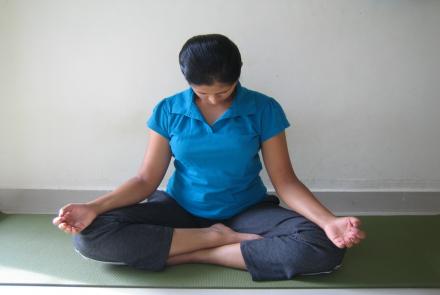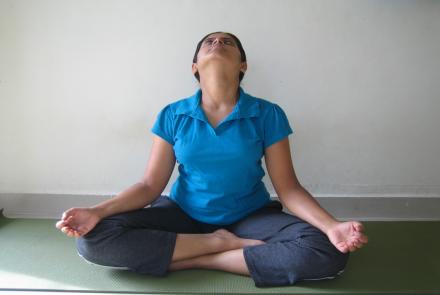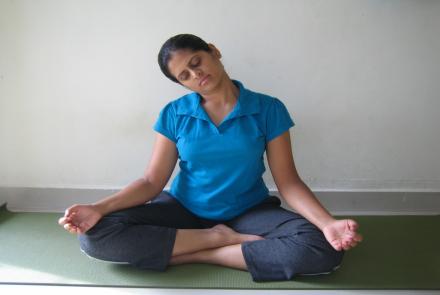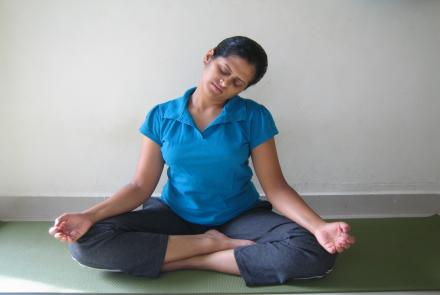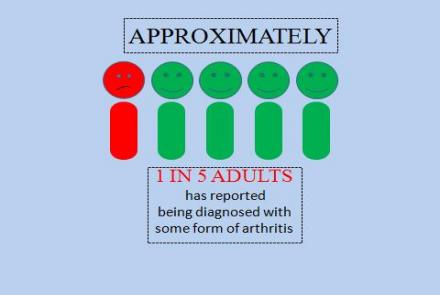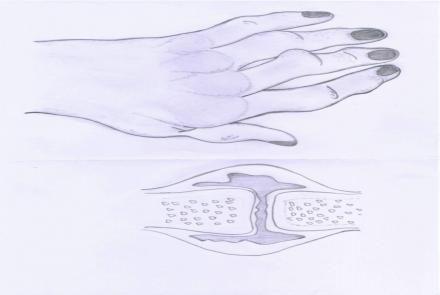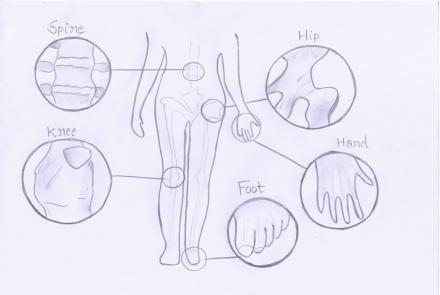
Dr Pravin Patil, Rheumatologist from Pune, Maharasthtra shares the top 7 mistakes that people with Rheumatoid Arthritis with respect to their medications.
People with rheumatoid arthritis (RA) are commonly prescribed several medications. It is very important to take medications regularly and follow correct instructions. It is the responsibility of the patients to know their medications well and avoid making mistakes, which can have serious consequences.
Mistake No. 1: You take Methotrexate daily instead of once a week
Methotrexate, the most commonly prescribed drug for RA. You may be familiar with it by the brand names like folitrax, mexate etc. It is usually taken weekly. Sometimes, it is prescribed twice a week. It should be taken one day a week - on the same day each week (e.g., every Saturday). It is not taken daily like many medications. Methotrexate tablets are available in different strengths like 2.5, 5, 7.5, 10, 15, 20 and 25 mg. The usual starting dose for adults with RA is 15 mg once a week. The total dose of methotrexate in rheumatoid arthritis can be increased to up to 25 mgs each week, if needed.
Too often we come across patients who mistakenly take methotrexate daily rather than weekly. That specific mistake can result in serious side effects related to toxicity. Errors can occur at the pharmacy, too, where mislabelling may direct a patient to take methotrexate daily versus weekly. Know that methotrexate for Rheumatoid Arthritis is a weekly drug.
Mistake No. 2: You forget to take folic acid tablets
Taking folic acid regularly is important to prevent side effects from methotrexate. Usually, folic acid is prescribed two or five days a week. Please note folic acid and methotrexate are completely different drugs. Brand name of methotrexate (e.g. Folitrax) and folic acid (e.g. Folvite, Folimax) could sound similar and add more confusion.
Mistake No. 3: You continue medications even during infection.
If you catch an infection which requires you to take antibiotics it is advised to withhold medications like methotrexate for 2 weeks and inform your rheumatologist.
Mistake No. 4: You stop medications abruptly
Keep taking your medications for the full time of treatment, even if you begin to feel better after a few days. Do not miss any doses. Sudden discontinuation of certain medications may pose a life-threatening situation.
Common reasons to stop medications –
- ‘I was worried about side effects’
- ‘My parents/relatives suggested me to switch to alternative therapy’
- ‘I thought my body will get addicted to medications’
- ‘I was feeling fine’
Download Free Toolkit for Managing Arthritis at Home
Mistake No. 5: You alter the dose or treatment regime against medical advice.
It is important to follow all the instruction of the doctor. Many patients try to minimize drug intake by either taking tablets alternate days or half doses. Suboptimal treatment can cause flare up of disease. You may not be aware that certain tablets like sulfasalazine should not be broken. Sulfasalazine comes in the form of enteric-coated tablet and the whole tablet should be swallowed. Do not crush, break, or chew it. This is because they are specially coated to pass through your stomach before they are absorbed. Breaking the tablet could interfere with the special coating.
Mistake No. 6: You don’t tell all your doctors about everything you are taking
All your doctors should know what medications and supplements you are taking. People with RA typically have more than one doctor on their healthcare team. It is important for each of your doctors to have a complete and current medication list for you. Keeping all your doctors informed about your medications will help to prevent drug interactions. Do not neglect to provide each doctor with your full list. It’s your responsibility.
Related Reading: Diabetes Medications and Interactions with other Medicines
Mistake No. 7: You don’t inform your rheumatologist information related to your pregnancy or breastfeeding.
You should consult with your rheumatologist if you are planning to get pregnant. Planning ahead is the key. Some of the drugs used to treat RA can be continued while trying to conceive or even during the pregnancy. Certain medications like methotrexate and leflunomide should be stopped well in advance before you conceive.
Although you may be concerned about the possible harmful effects of taking RA drugs while pregnant, it is important to remember that uncontrolled arthritis during pregnancy can also have adverse effects on your baby such as low birth weight.
My Takeaway Advice
- Learn about each medication that you are taking.
- Don’t deviate from the prescribed regimen.
- Do not stop medications abruptly.
- Share with rheumatologist if you are planning to get pregnant or taking alternative therapy.

Dr Pravin Patil is a consultant rheumatologist with extensive experience in modern treatment of arthritis and related autoimmune diseases. He has gained vast experience during 10 years of practice in prestigious hospitals in UK like University College London, Royal Free, Whipps Cross and Sounthend University Hospital. He has published various scientific papers and review articles and has regularly presented his work at the American College of Rheumatology, British Society of Rheumatology.


